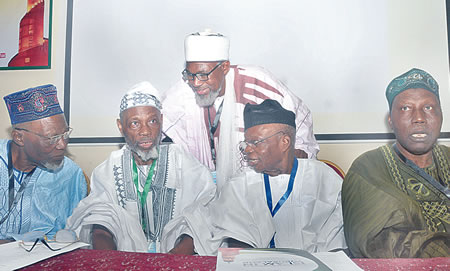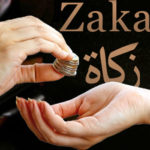
THE National Missioner of the Ansar-Ud-Deen Society of Nigeria, Sheikh Abdur-Rahman Ahmad, has called on the Muslim Ummah of South West Nigeria (MUSWEN) to see to the review of the conferment of honorary Islamic titles to individuals in Yorubaland in order to ensure that only deserving people are accorded such respect.
He made the call last weekend at an international conference with the theme “Islam in Yorubaland: Progress and Challenges,” held at the International Conference Centre, University of Ibadan.
The conference was one of the activities lined up by MUSWEN, established on August 10, 2008, to commemorate its 10th anniversary.
Sheikh Ahmad, who was the keynote speaker at the conference, said there was the need for a reappraisal because giving of such titles had become an all-comers affair.
“There have been people who were conferred with Islamic titles and have done well, like the late Aare Abdul Azeez Arisekola-Alao. He did very well. But today, it is a free-for-all. Even those who are not even qualified enough to enter the mosque are title holders. It has become a travesty.
“This is why I am calling on the organisation [MUSWEN] to review; to ensure that if and when it is conferred, it goes to people who are deserving”.
The convener of the conference, MUSWEN’s president and Deputy President-General (South), Nigerian Supreme Council for Islamic Affairs (NSCIA), Dr Sakariyau Babalola, announced the plan of MUSWEN leadership to make the conference a regular programme.
“Given that every human society is dynamic, it is only natural that stakeholders converge from time to time to critically review the situation of our Umnah in this part of the world,” he said.
The Executive Secretary, Professor Dawud Noibi, who gave a trajectory of the formation of MUSWEN, said: “Very few people, even including Muslims, appreciate the extent to which Islam has influenced our thoughts, our language, our culture and our perception of life. This particular conference is a means by which we bring this to the attention of the generality of the people.”





